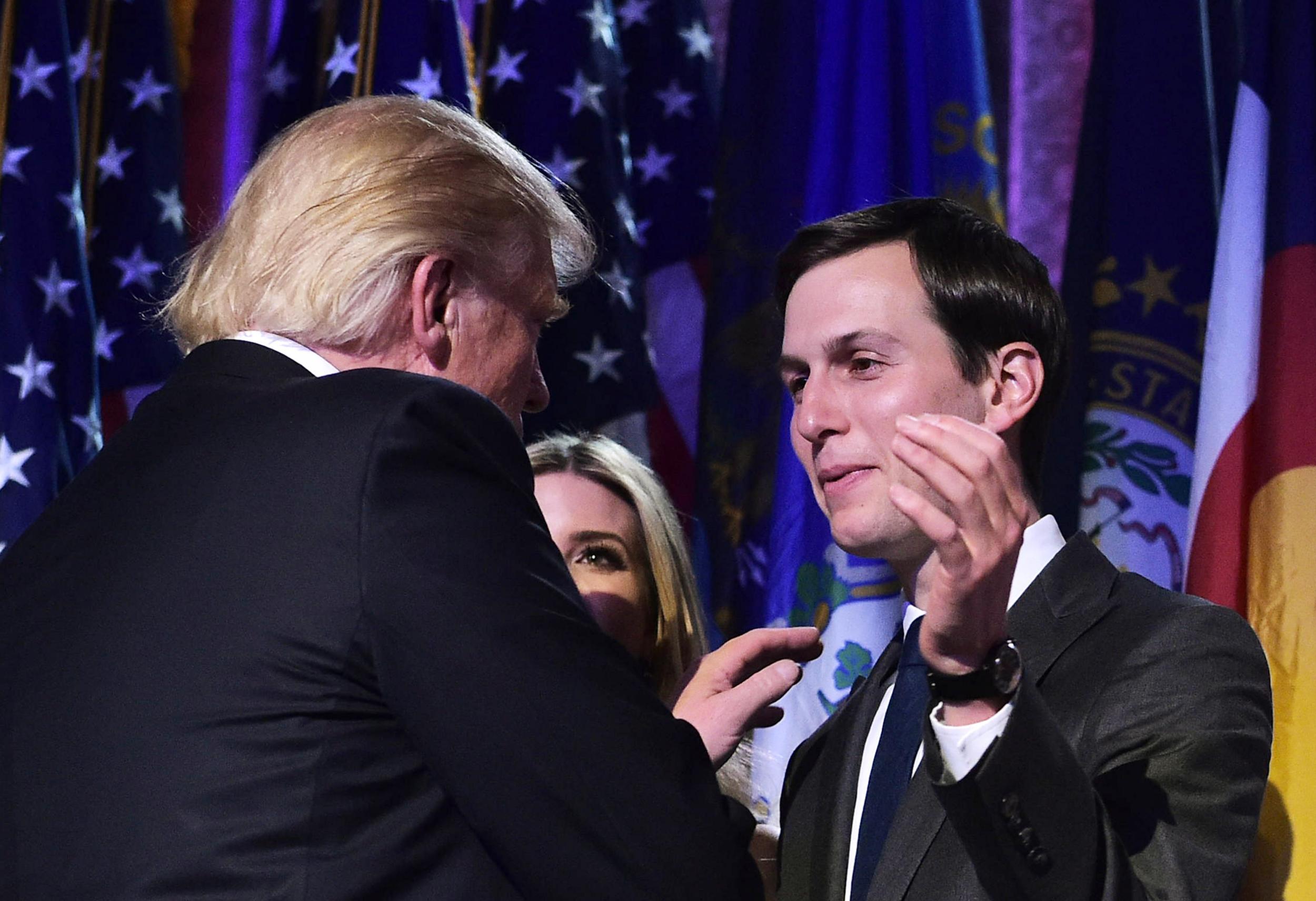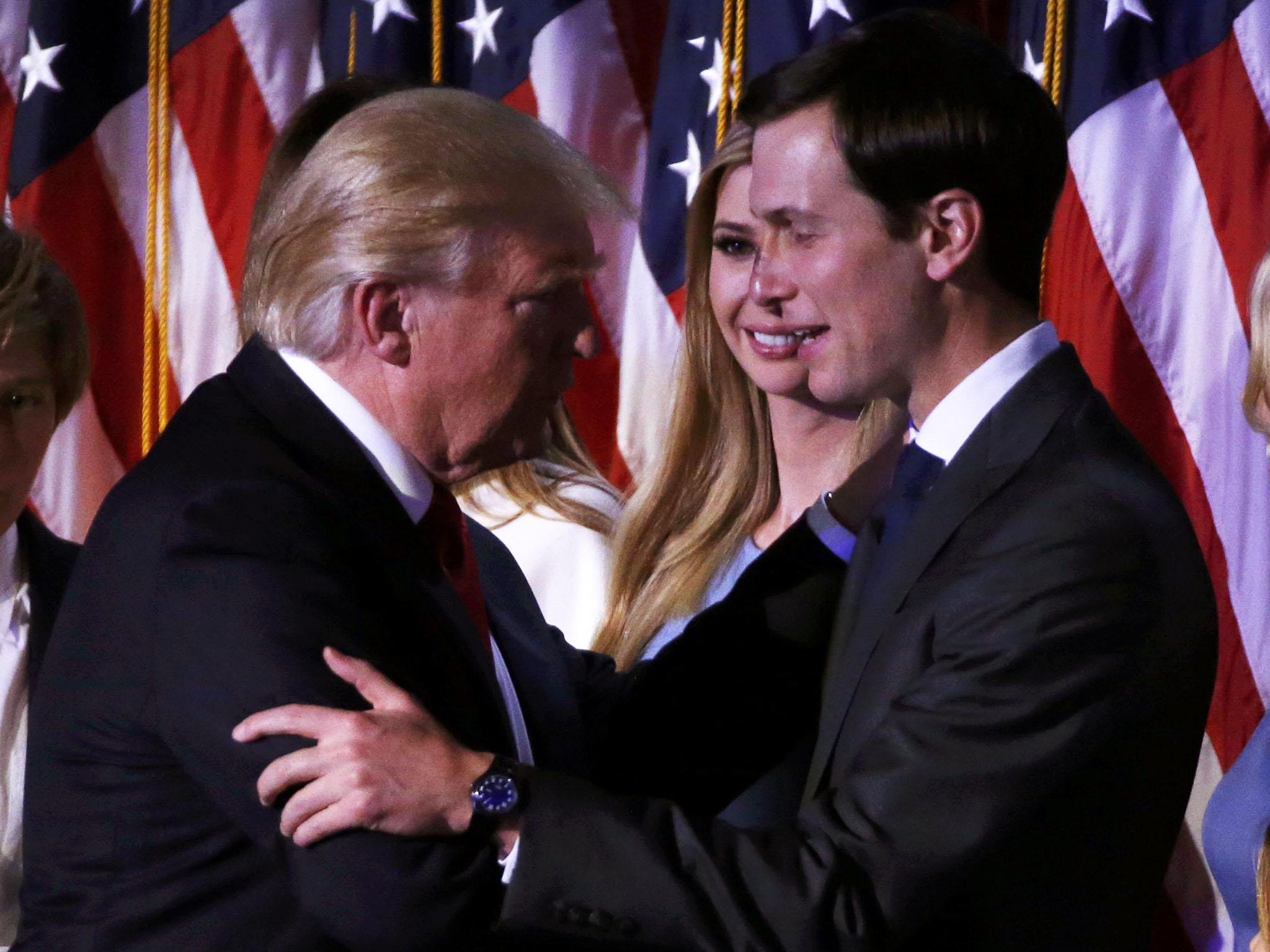Donald Trump’s influential son-in-law went to Harvard. Is this how Jared Kushner got in?

Daniel Golden is the editor of ProPublica, an independent, nonprofit newsroom that produces investigative journalism in the public interest. In 2004, he won the Pulitzer Prize for beat reporting for a series of Wall Street Journal articles exposing how some wealthy white families can use assets -- cash and political connections -- to get their children into top colleges and universities. Then in 2006, he wrote a book on the same subject, "The Price of Admission: How America's Ruling Class Buys Its Way into Elite Colleges -- and Who Gets Left Outside the Gates," adding to his earlier revelations about how elite institutions of higher education talk incessantly about merit-based admissions but don't always walk that walk.
In the book, Golden told stories about how specific families maneuvered to get their children into schools they otherwise might not have gotten into without their names, bank accounts and access to power. This is from a Washington Post review of the book when it was published:
"A tough investigative reporter, Golden does not hesitate to name names -- not only of specific institutions (including Harvard, Duke, Brown, Notre Dame, the University of Virginia, Princeton, Stanford and Amherst) and administrators, but also of individual students (including the sons of Al Gore and Sen. Bill Frist) whom he deems to be beneficiaries of preferences for the privileged. The result is a disturbing exposé of the influence that wealth and power still exert on admission to the nation's most prestigious universities."
Another one of the families he writes about are the Kushners, which includes 35-year-old Jared Kushner, the husband of Ivanka Trump and confidant to his father-in-law, President-elect Donald Trump. In a new piece for ProPublica, Golden answers why the Kushners were part of the book and details why he believes Harvard accepted Jared Kushner.
Golden notes:
"Risa Heller, a spokeswoman for Kushner Companies, said in an email Thursday that "the allegation" that Charles Kushner's gift to Harvard was related to Jared's admission "is and always has been false." His parents, Charles and Seryl Kushner, "are enormously generous and have donated over 100 million dollars to universities, hospitals and other charitable causes. Jared Kushner was an excellent student in high school and graduated from Harvard with honors." (About 90 percent of Jared's 2003 class at Harvard also graduated with honors.)"
He also wrote this about his book:
"It reported that New Jersey real estate developer Charles Kushner had pledged $2.5 million to Harvard University in 1998, not long before his son Jared was admitted to the prestigious Ivy League school. At the time, Harvard accepted about one of every nine applicants. (Nowadays, it only takes one out of twenty.)
"I also quoted administrators at Jared's high school, who described him as a less than stellar student and expressed dismay at Harvard's decision.
""There was no way anybody in the administrative office of the school thought he would on the merits get into Harvard," a former official at The Frisch School in Paramus, New Jersey, told me. "His GPA did not warrant it, his SAT scores did not warrant it. We thought for sure, there was no way this was going to happen. Then, lo and behold, Jared was accepted. It was a little bit disappointing because there were at the time other kids we thought should really get in on the merits, and they did not.""

You can read Golden's full report, co-published with the Guardian, here.
There are other reports, too, of how wealthy families attempt to buy admissions for their children into a top college or university. In 2015, the London Review of Books published a piece by Deborah Friedell about the release by WikiLeaks of hacked emails from Sony. She wrote:
"In 2014, a senior executive emailed an Ivy League vice-president of philanthropy: he'd like to endow a scholarship, anonymously, 'at the $1mm level'. In another email, he tells a development officer that his daughter is applying to the college as her first choice. It's all very decorous. The development staff arrange a 'customised' campus tour for his daughter and a meeting with the university's president; but he asks for no favours and nothing is promised. An email from the president says that his daughter's application will be looked at 'very closely'. She gets in. He writes to his sister: 'David... called me. he is obsessed with getting his eldest in Harvard next year.' She replies: 'If David wants to get his daughter in he should obviously start giving money.' Obviously."
Washington Post
Join our commenting forum
Join thought-provoking conversations, follow other Independent readers and see their replies
Comments
Bookmark popover
Removed from bookmarks